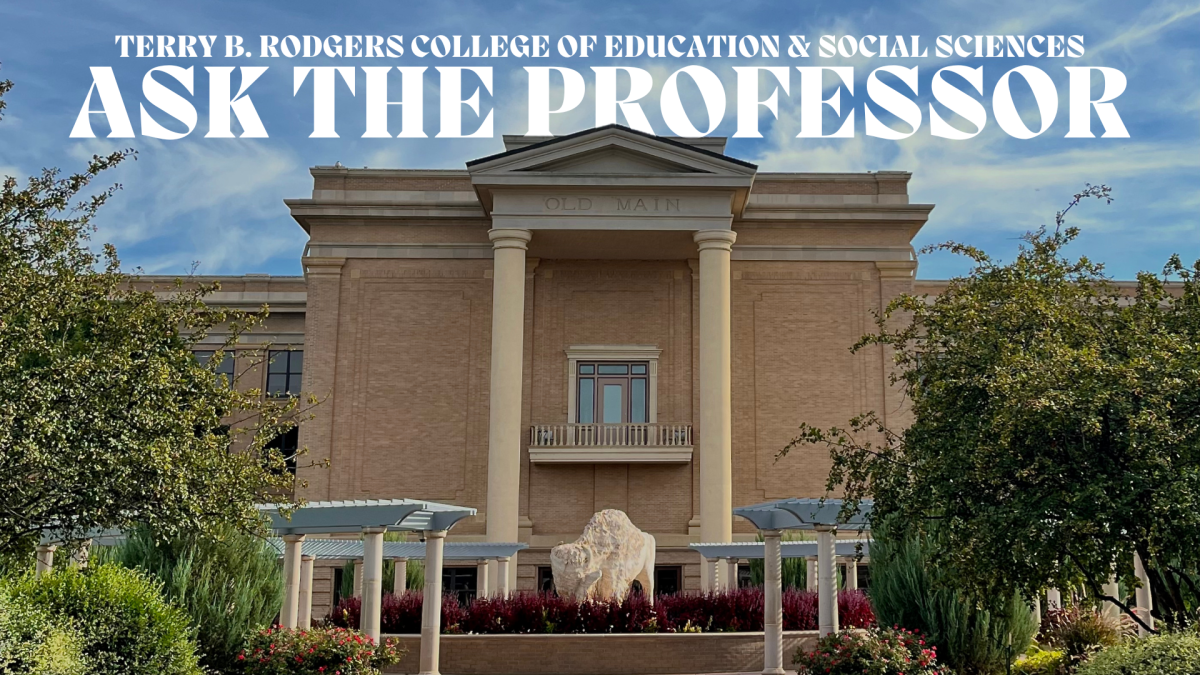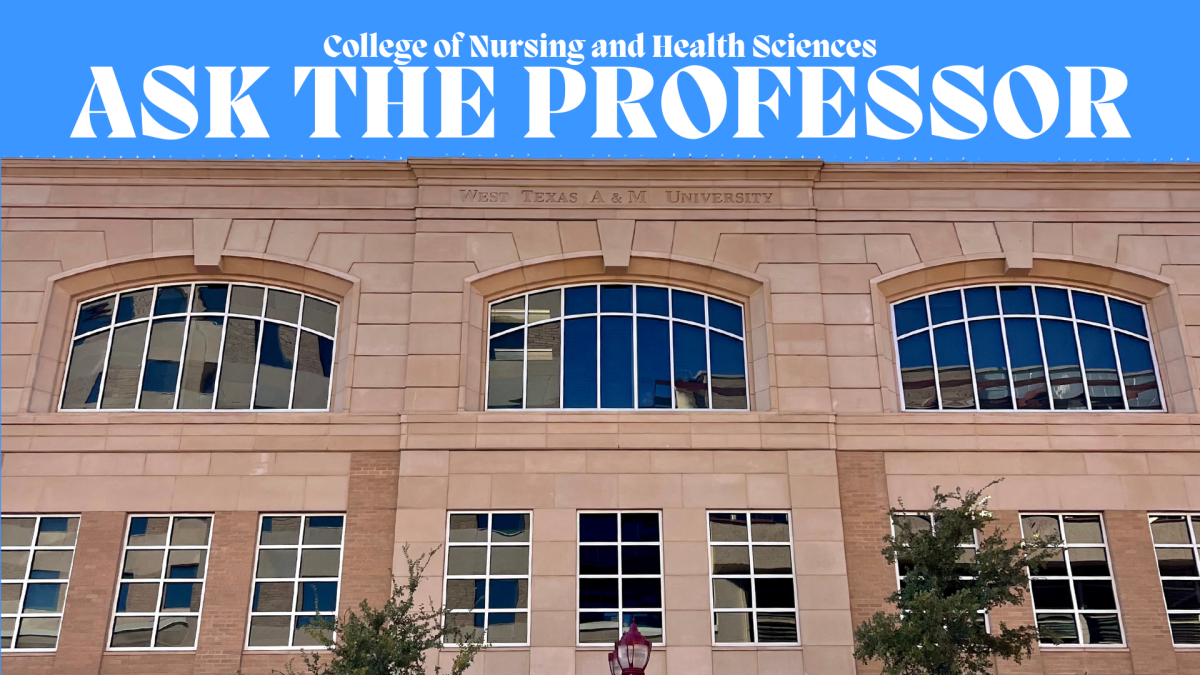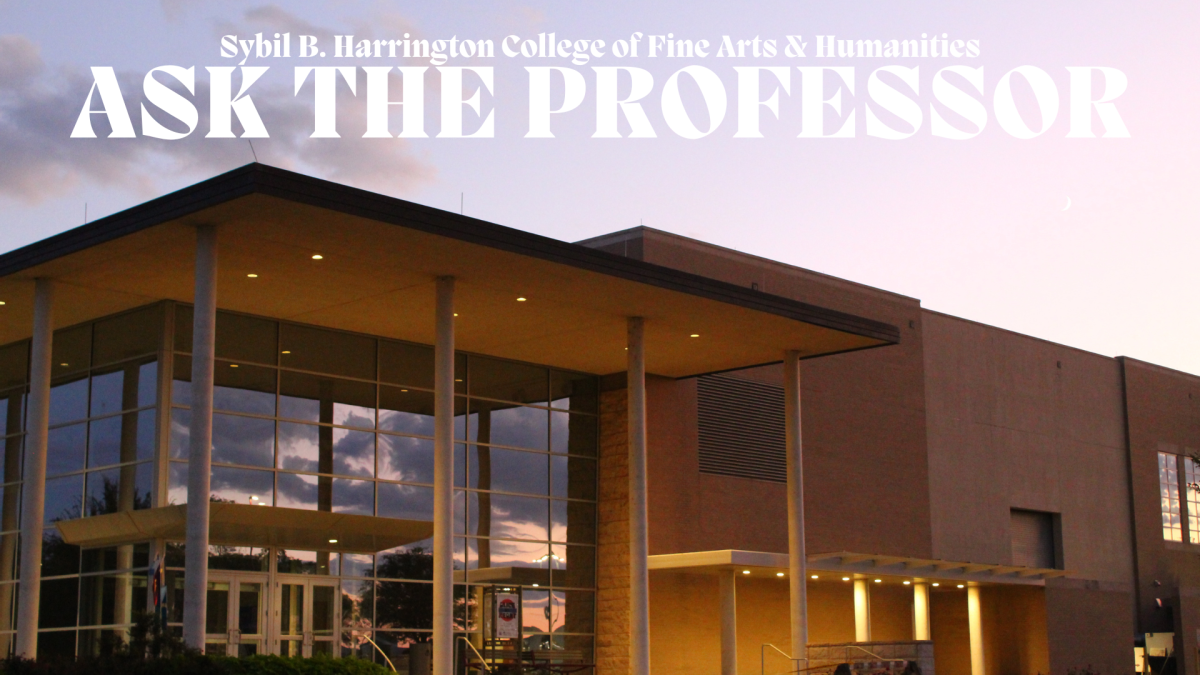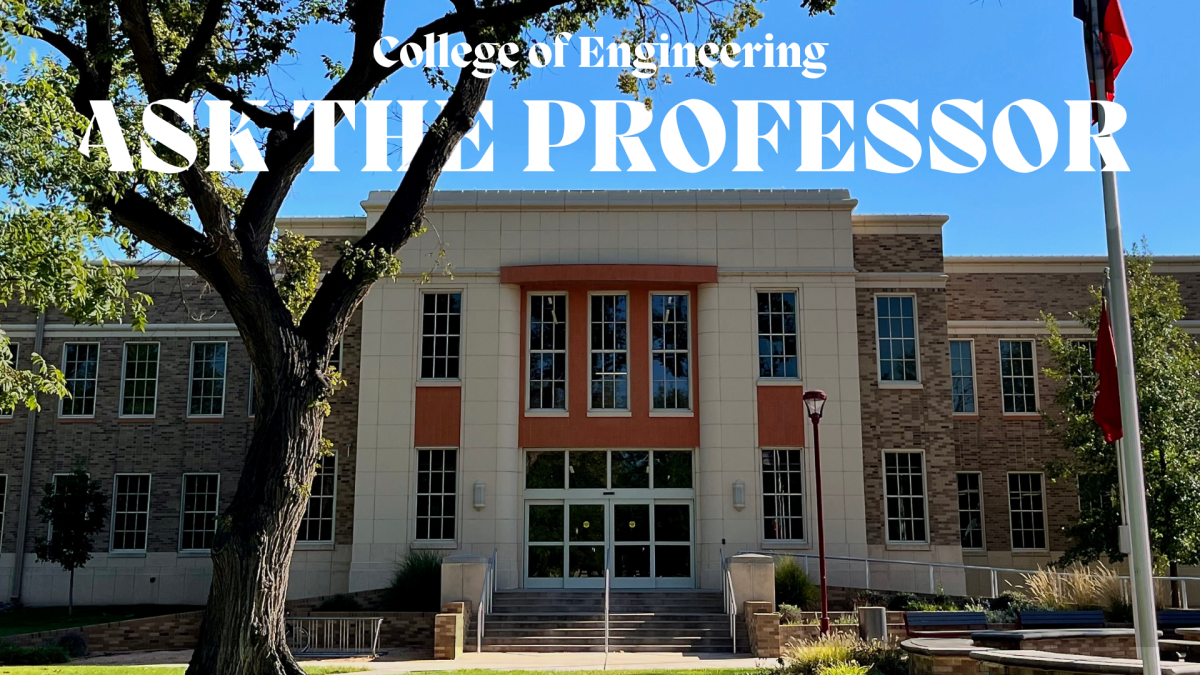Dr. Lance Kieth is the associate dean of the Paul Engler College of Agriculture and Natural Sciences, as well as a professor of agricultural education at West Texas A&M University.
Kieth has been a part of WT for the last 21 years, and in that time, he has been able to see the growth of the college and its students.
“My background is in ag education, where I train ag teachers, county extension agents, 4H FFA youth development, So it’s part of agriculture,” Kieth said. “I started out as an assistant faculty, and had the opportunity to do some different roles. Actually had the pleasure to move up here [to Canyon] to start ag education and ag communications. And I was department head of ag for about nine years, and I’ve been in this role about a year and a half now.”
Kieth has been involved in the agriculture world since his childhood, and knew that is where he would end up.
“Growing up in a small town, we had a very strong ag chapter and ag program course, FFA,” Kieth said. “Part of what I enjoyed in that is the social aspects and the community of agriculture and a lot of livestock showing; the community that centered around that. And so I pursued a degree and became a certified ag teacher and I taught high school ag for one year, but I was also a county extension agent for five years, and so I dealt with FFA teaching ag and 4H. The youth development aspects of those jobs I really liked so that’s how I kind of got into the field. Then I had the opportunity to go back to school at [Texas] Tech, and when I say back, that’s where all my three degrees are from, in ag education, and just fell in love with that teaching aspect.”

Kieth touched on what brought him to WT when the university’s agriculture program was not as expansive as it is today.
“In all reality, I had no reason to leave Texas Tech; I had gotten on faculty and was in a great place doing great things,” Kieth said. “But Dr. Bob Robinson, who was a former boss when I was a county agent, had approached me at Tech about looking at WT. The opportunity to start a program [at WT] was enticing. But everything on paper did not pencil out. Everything in my personal life did not pencil out. You know, even professionally, a lot of people telling me, You’re going to kill your profession by moving up there. But this is where I was called to be and it’s paid off being a part of this great thing called ag for the last 20 plus years.”
Kieth teaches a variety of courses for the agriculture department.
“I teach courses for the Department of Ag in the areas of ag leadership.” Kieth said. “I also teach a career and industries class where we do resumes, job interviews, how to buy a house, how to buy a car, money, how to pay your taxes. You know, those life skills you need to know. I actually teach both extremes right now. Have a freshman class. We call it Agri 2300, which is ag leadership. It is for first-semester freshmen. How to navigate college, how to study, how to manage your money, once again, practical life skills about college. And then also teach a Ph.D. Leadership, that’s completely opposite. So it’s a little all in between, yeah, but that’s primarily the courses I teach now.”
Kieth describes his teaching style as focused around his students.
“I hope my teaching style is one that is student centered,” Kieth said. “A lot of people say that, but somebody who teaches teaching methods, I need to be able to bring the goods. And one of the best premises of a good teacher to me is looking and thinking, ‘What does the student need versus what do I have to do?’ Too often, as teachers, the view is, ‘What do I need to do?’ But What do they need? In other words, meeting them where they’re at and what’s prevalent and pertinent to their education.”
Kieth added some words of wisdom for students considering WT’s agriculture program.
“WT is a great place centered in a great community of the Panhandle,” Kieth said. “It’s the most giving place I’ve ever been. And not just financially, it’s time and effort and people truly care about one another, you can see that across campus, see it in the community. For students coming here, We will have high expectations; we will work your tail off. And then we also help with getting a job, and we don’t forget that whole aspect, getting them in, recruiting, give them a great education. And at WT in the Department of Ag, I will say even Sciences, our academics are pretty challenging, and they need to be, and the expectations are there. But the other side of that is, let’s connect you to the industry. Let’s get your foot in the door.”










